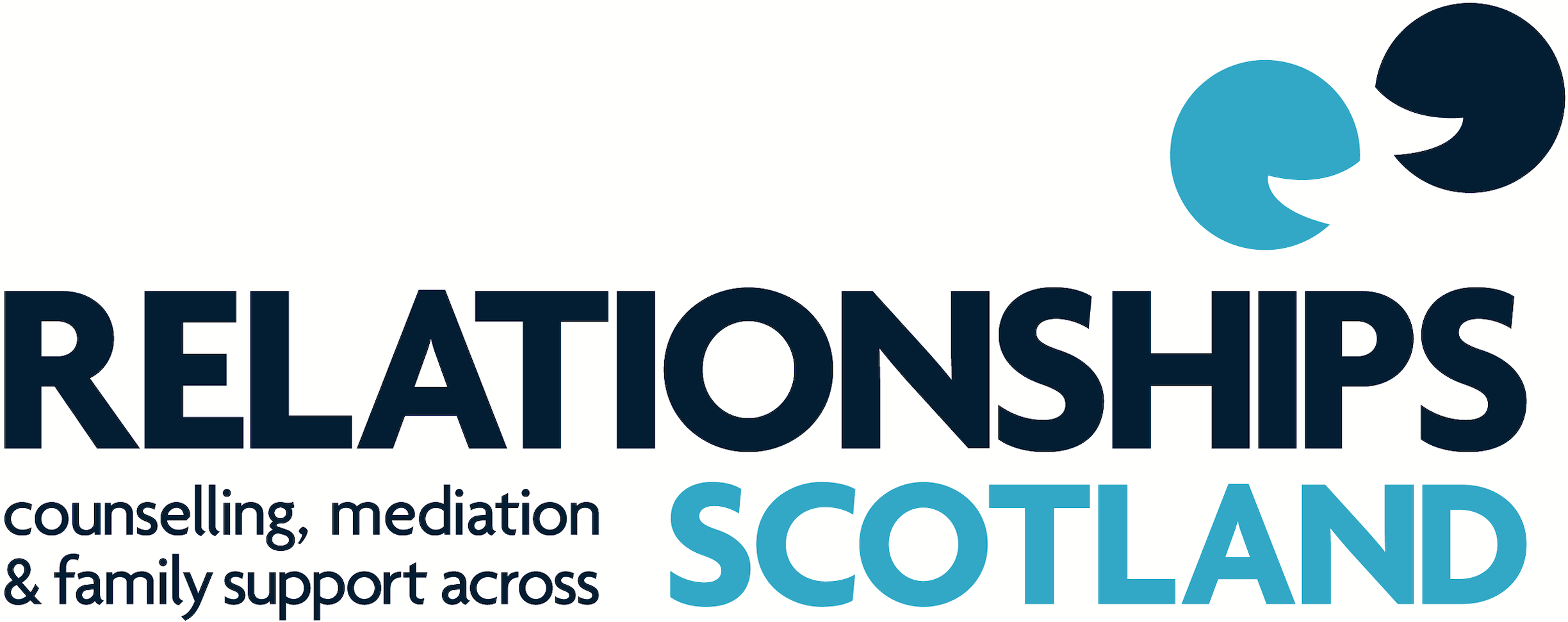
It’s good to talk in Family Mediation
This article first appeared in the Scotsman on 20 January 2022.
Do you wish you could have a discussion with your ex-partner about the arrangements for the children which made some progress towards a resolution?
Many people find communicating with their child’s other parent hugely challenging. Difficulty in communicating might have been one of the reasons for splitting up! Help may be at hand, however.
Family Mediation is a creative and supportive way to have your concerns listened to, and you may find that your child’s other parent understands more about your viewpoint by the end of it. You may be able to agree on some things, even if you don’t agree on everything.
The start of the year can be a time when many people begin the process of divorcing and separating from their child’s other parent. They might intend to work together and ‘co-parent’ their children, but disagreements can escalate and decisions are not easy. Tensions and emotions often run high. Some people seek advice from friends or relatives, or the legal profession. Some people try Family Mediation. This is what one parent said about their experience:
‘The mediation I had with my ex helped turn a disastrous situation into a manageable, adult conversation that focused on the children.’
It may be that, for a variety of reasons, you don’t know your child’s other parent very well. Perhaps you weren’t together as a couple when your baby was born, or perhaps you have lived apart for some time. A conversation that is supported by a mediator to be safe and to stay on topic can often help the other parent understand what you think is important for your baby or young child.
As one parent put it: “The mediation has helped us plan a way forward for my ex to see our child after a long absence.”
In Family Mediation, parents are supported by an independent mediator to talk about their concerns. The mediator makes sure that the conversation stays focused on what’s best for your children, ensures their voice is heard, and is as positive and constructive as possible. Parents are encouraged to think about different options and agree a way forward. Everyone has a one-to-one meeting with a mediator initially to decide whether or not to try mediation and you can choose not to continue in the process if it isn’t working for you at any point. Mediation supports and can work alongside any legal process that you are using.
A parent said: ‘It makes a big difference just being able to listen to what each of us has to say, which resolves conflict and helps to break down barriers. Most importantly our son is happier.’
You can participate in Family Mediation in person or online, typically using the Zoom platform. It may be possible for your child to meet with the mediator to express their own thoughts, feelings and experiences, if you all agree this would be appropriate. Young people and their parents or carers can talk about their challenges with the help of a mediator making sure that everyone has a chance to speak and be heard. This often stops difficulties from escalating into bigger issues.
A mum said this about her experience of using Family Mediation to agree arrangements for her two girls:
“It was just the best way to speak it through.…It just felt like you had somebody who was independent, listening to both sides but at no point did I feel pushed in to something.”
If you, as parents, want help to stay in control of the decision-making about your family, give Family Mediation a try. It is often cheaper, quicker and more likely to lead to decisions that you agree with than going to court.
Rosanne Cubitt, Head of Practice for Mediation, Relationships Scotland
You can find out how mediation works and hear more from parents about how mediation has helped them at our website, where you can also find your nearest Relationships Scotland Member Service: www.relationships-scotland.org.uk. You can also call the Relationships Scotland Info Line on 0345 119 2020 for more information.
